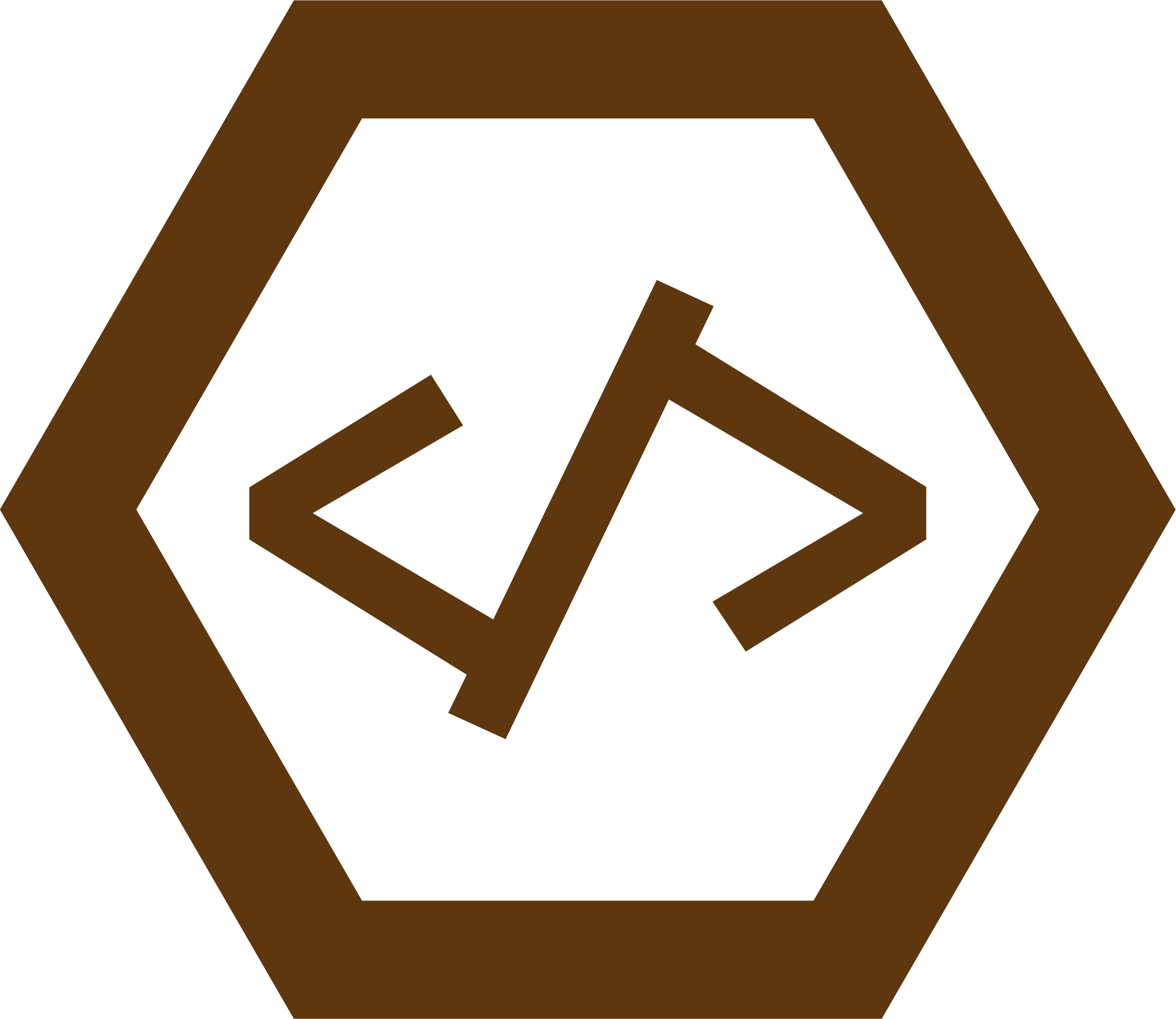日期數組的主要問題是它們很難使用。 日期數組只是日期的集合,因此可能難以操作。
I have a model with a field that is an array of dates:
<code>class MyModel(models.Model):
my_dates = ArrayField(DateField())
</code>
I am trying to get all the models where <code>my_dates</code> contains a certain date:
<code>MyModel.objects.filter(my_dates__contains=date) # doesn't work!
</code>
A:
You can use <code>.extra()</code>: https://docs.djangoproject.com/en/2.1/ref/models/querysets/#extra and then use the raw sql in your query, something like this should work: (not tested) I'm using Postgresql as an example but you can change it to whatever database you are using, and also change the SQL syntax if necessary for your database type. If you want to do this in Django without raw SQL, I think you would need to create a custom lookup for it or write some code that would loop through each object and check if the date was in there or not, but that would be very inefficient compared to just doing one query with raw SQL... Good luck! (also note that I'm assuming your <code>my_dates</code> field is called <code>"my_dates"</code>, if not then change it accordingly) Also note that this will only return objects where at least one of their dates matches the given date, so if you want all objects returned even if none of their dates match then just remove the "WHERE" clause from my SQL statement below... Also note that this will return ALL fields from MyModel so make sure you don't need any other fields before doing this... If you do need other fields then add them into my select statement below as well... Hope this helps! 🙂 Let me know how it goes! 🙂 Good luck! 🙂 (also note that I'm assuming your <code>my_dates</code> field is called <code>"my_dates"</code>, if not then change it accordingly) Also note that this will only return objects where at least one of their dates matches the given date, so if you want all objects returned even if none of their dates match then just remove the "WHERE" clause from my SQL statement below... Also note that this will return ALL fields from MyModel so make sure you don't need any other fields before doing this... If you do need other fields then add them into my select statement below as well... Hope this helps! 🙂 Let me know how it goes! 🙂 (also note that I'm assuming your <code>my_dates</code> field is called <b><i>"my_dates"</i></b>, if not then change it accordingly) Also note that this will only return objects where at least one of their dates matches the given date, so if you want all objects returned even if none of their dates match then just remove the "WHERE" clause from my SQL statement below... Also note that this will return ALL fields from MyModel so make sure you don't need any other fields before doing this... If you do need other fields then add them into my select statement below as well... Hope this helps! 🙂 Let me know how it goes! 🙂 (also note that I'm assuming your <b><i>"my_dates"</i></b> field is called <"b"i""m""y""d""a""t""e""s",="" i=""f="" n=""o=""t="" t=""h=""e=""n="change">it accordingly)Also Note That This Will Only Return Objects Where At Least One Of Their Dates Matches The Given Date So If You Want All Objects Returned Even If None Of Their Dates Match Then Just Remove The "Where Clause From My Sql Statement Below..Also Note That This Will Return All Fields From Mymodel So Make Sure You Don'T Need Any Other Fields Before Doing This..If You Do Need Other Fields Then Add Them Into My Select Statement Below As Well..Hope This Helps!: )Let Me Know How It Goes!: )Good Luck!: )(Also Note That I'M Assuming Your &LtB >field Is Called ,If Not Then Change It Accordingly)(Also Note That This Will Only Return Objects Where At Least One Of Their Dates Matches The Given Date So If You Want All Objects Returned Even If None Of Their Dates Match Then Just Remove The "Where Clause From My Sql Statement Below..)(Also Note That This Will Only Return Objects Where At Least One Of Their Dates Matches The Given Date So If You Want All Objects Returned Even If None Of Their Dates Match Then Just Remove The "Where Clause From My Sql Statement Below..)(Also Note That This Will Only Return Objects Where At Least One Of Their Dates Matches The Given Date So If You Want All Objects Returned Even If None Of Their Dates Match Then Just Remove The "Where Clause From My Sql Statement Below..)(Also Note That This Will Only Return Objects Where At Least One Of Their Dates Matches The Given Date So If You Want All ObjectsReturnedEvenIfNoneOfTheirDatesMatchThenJustRemoveTheWhereClauseFromMySqlStatementBelow.)(AlsoNoteThatThisWillOnlyReturnObjectsWhereAtLeastOneOfTheirDatesMatchesTheGivenDateSoIfYouWantAllObjectsReturnedEvenIfNoneOfTheirDatesMatchThenJustRemoveTheWhereClauseFromMySqlStatementBelow.)(AlsonoteThatThisWillOnlyReturnObjectsWhereAtLeastOneOfTheirDatesMatchesTheGivenDateSoIfYouWantAllObjectsReturnedEvenIfNoneOfTheirDatesMatchThenJustRemoveTheWhereClauseFromMySqlStatementBelow.)(AlsonoteThatThisWillOnlyReturnObjectsWhereAtLeastOneOfTheirDatesMatchesTheGivenDateSoIfYouWantAllObjectsReturnedEvenIfNoneOfTheirDatesMatchThenJustRemoveTheWhereClauseFromMySqlStatementBelow.)(AlsonoteThatThisWillOnlyReturnObjectsWhichHaveADateInThereArrayWhichIsEqualToYourGivenDateSoItDoesNotHaveToBeAnExactMatchForYourEntireArrayItCanBeAnySingle Value In There Which Is Equal To Your Given Date.(Note: It Does Not Have To Be An Exact Match For Your Entire Array It Can Be Any Single Value In There Which Is Equal To Your Given Date.(Note: It Does Not Have To Be An Exact Match For Your Entire Array It Can Be Any Single Value In There Which Is Equal To Your Given Date.(Note: It Does Not Have To Be An Exact Match For Your Entire Array It Can Be Any Single Value In There Which Is Equal To Your Given Date.(Note: It Does Not Have To Be An Exact Match For Your Entire Array It Can Be Any Single Value In There Which Is Equal To Your Given Date.(Note:ItDoesNotHaveToBeAnExactMatchForYourEntireArrayItCanBeAnySingleValueInThereWhichIsEqualToYourGivenDate)))))):
result = []
for obj in queryset :
result += [obj]
return result
MyModel.objects.filter(my_dates__contains=date) # 不起作用!
MyModel.objects.extra(select={'my_dates': “SELECT * FROM my_dates WHERE my_dates = %s”}, select_params=(date,))
使用數組
在 Django 中,數組是一種在單個變量中存儲多個值的便捷方式。 數組可以像常規 Python 列表一樣進行索引和訪問,這使它們成為中小型應用程序的理想數據結構。
要在 Django 中創建數組,請使用 array() 函數:
my_array = 數組(1, 2, 3)
要訪問數組的單個元素,請使用 index() 函數:
打印(我的數組[0])
打印 1 。 要遍歷數組的元素,請使用 for 循環:
對於 my_array 中的 i: print(i)
約會工作
在 Django 中,可以使用 work_with() 函數來管理日期。 這個函數有兩個參數:一個日期對象和一個工作對象。 日期對象表示工作應該開始的日期,工作對象表示您要在該日期執行的任務。
例如,您可以使用 work_with() 為明天創建任務:
work_with(date('明天'), task('創建新博文') )
Django 中的數組
Django 中的數組是對象的集合。 數組的索引從 0 開始,因此具有五個元素的數組將被索引為 0、1、2、3、4。
要訪問數組中的第一個元素,請使用索引 0。要訪問數組中的最後一個元素,請使用索引 (n-1)。 要訪問數組中的任何其他元素,請使用索引 n。
